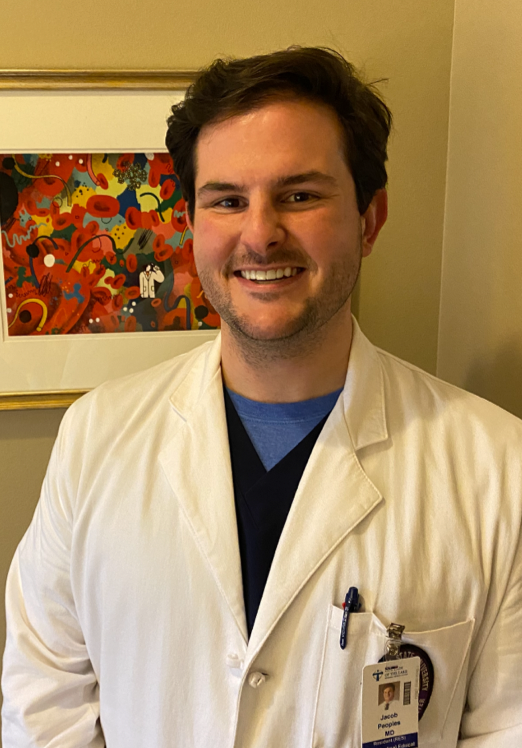Preparing Your Loved Ones for Residency
 Jacob Peoples, MD
Jacob Peoples, MD
Louisiana State University, Baton Rouge
Internal Medicine Program
ACP Well-Being Committee
ACP Council of Resident/Fellow Members
The transition from medical school into residency is one of the most drastic of your career. Four years of hard work and late nights are finally rewarded through matching. Yet, along with the celebration comes a new series of stressors that must be handled before your first day as an MD, such as finding living arrangements, moving, credentialing, and learning new electronic health record systems. These tasks can become so consuming that it’s easy to understand why many residents are caught unaware by the strain that this transition can place on relationships.
With greater distance from home and increased workloads, many physicians and their loved ones struggle with the physical and psychological separation that accompanies residency. With moves across the country, regular 80-hour workweeks, and the mental and emotional exhaustion that comes with being a new physician, it becomes increasingly difficult to maintain the relationships that helped get you to this point. How do you preserve these connections while preparing your loved ones for the upcoming process?
Like everything in life, it comes down to expectations. My wife often says that expectations are the thief of joy because life will rarely measure up. In the next year, you will quickly realize that your most important commodity becomes your time. It will be critical for you and your loved ones to set expectations for how to make time together meaningful while being honest about the time constraints associated with the early years of practice. Let them know now that even though many calls or texts may go unanswered in the coming years, it never means that you’re not thinking of them or home.
However, you will have to take the responsibility to make time to maintain the relationships with those most important to you. Set alarms to remind you to call your parents on your way home from work, and carve out time for old friends when you can. Use the widespread virtual awareness that has come along with the pandemic to connect rather than allowing it to isolate. Schedule virtual dinners with favorite recipes, family, and friends to share common tables over uncommon distance.
Ultimately, the best advice I can give to make the most of time spent with loved ones is to share. Those who will miss you most are the same ones who have been the biggest cheerleaders for your success. Share your time and your stories of residency—tell them about your big wins and meaningful moments right along with your daily stressors and heartbreaks. They may not understand every medical term or clinical situation, but they will understand how much your growth as a physician has become a part of your identity. They will just be thankful to still get to know the ever-evolving you.
These years will be some of the most rewarding and difficult of your life, full of incredible highs and lows. While the location and context may be changing, those who have been your support system never will—even if it’s over a greater distance.

